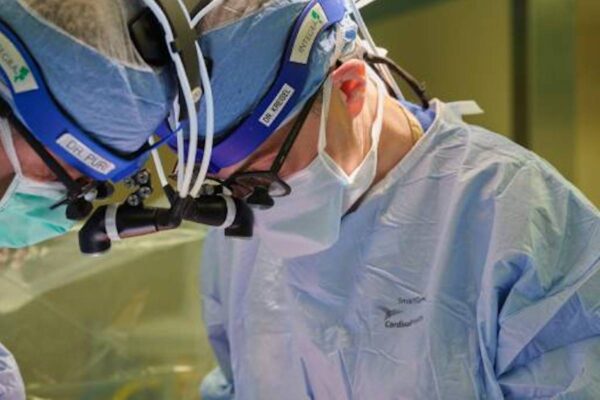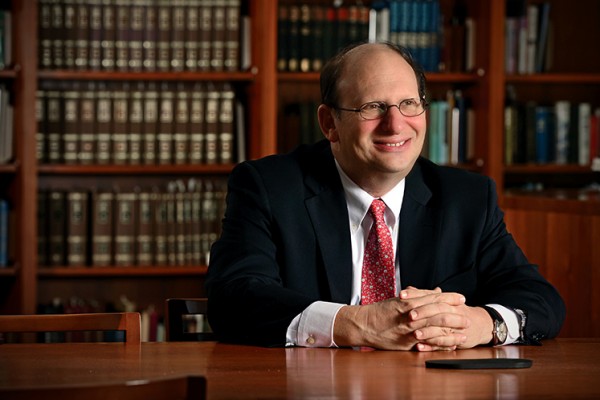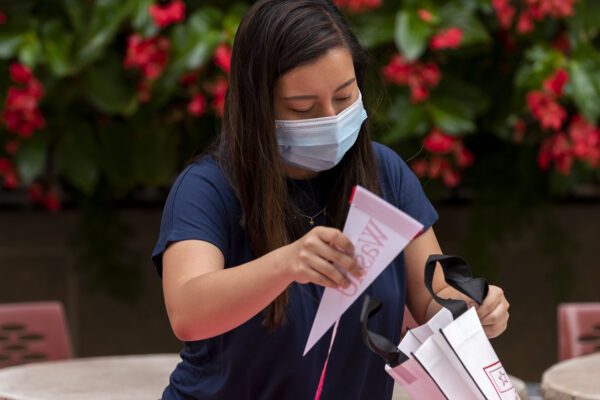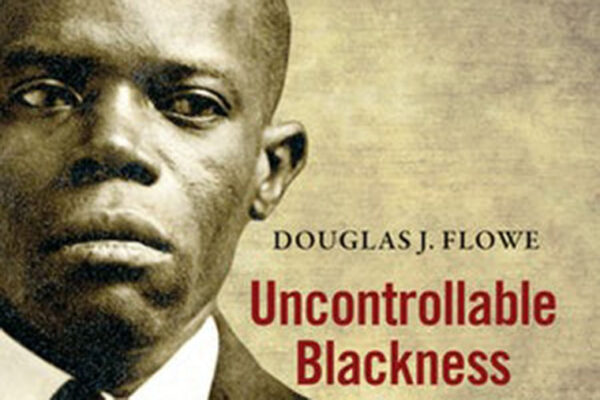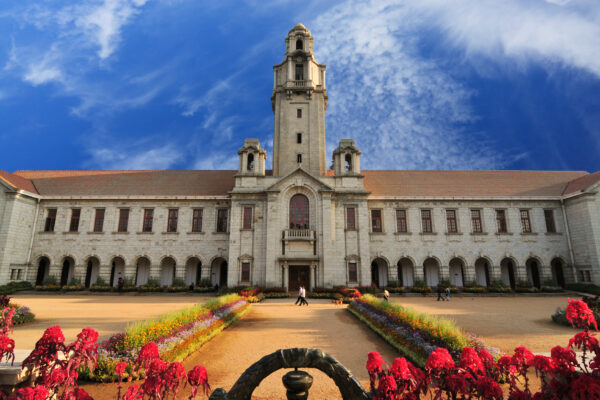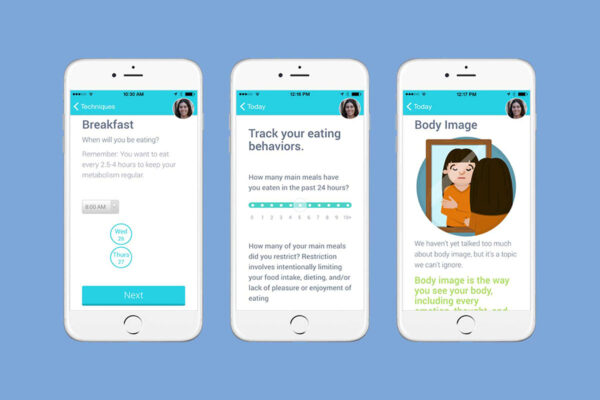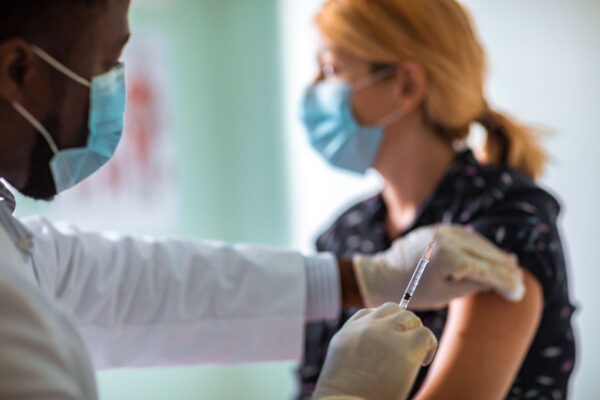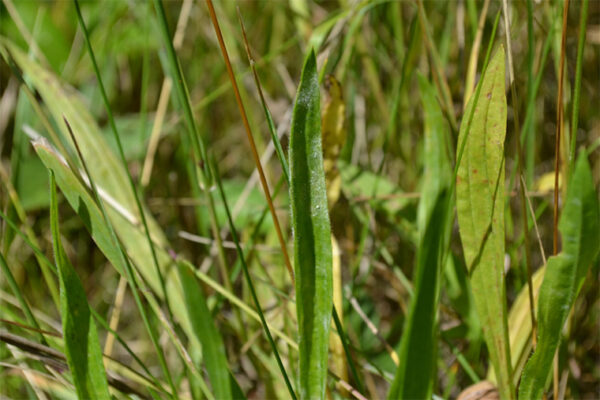$10 million in grants aimed at preventing organ rejection after transplantation
Transplant surgeons and researchers at Washington University School of Medicine in St. Louis have received two grants totaling $10 million from the National Institutes of Health (NIH) to study how immune cells contribute to organ rejection, with the aim of improving the viability of organs after transplant.
Take me back to the ballgame — and other sports venues
A new tool using math has been designed to help sports franchises keep the fan experience at stadiums and arenas the safest it can be in this era of COVID-19. The formula was developed in part by John E. McCarthy, the Spencer T. Olin Professor of Mathematics in Arts & Sciences and chair of the Department of Mathematics and Statistics at Washington University in St. Louis.
Washington University bolsters its promise to St. Louis community
Henry S. Webber, executive vice chancellor and chief administrative officer, will transition to the newly created role of executive vice chancellor for civic affairs and strategic planning, with a sharp focus on regional equitable economic development, community engagement and partnership with the university’s neighborhoods and civic and community leaders.
Welcoming the Class of 2024
Across campus, students, faculty and staff are finding creative ways to welcome the Class of 2024 despite ever-evolving public health directives and university policies, said Katharine Pei, director of First Year Programs. There have been calls from WUSAs, peer mentorship programs, Spotify playlists and gooey butter cake.
‘Uncontrollable Blackness’
In his new book, “Uncontrollable Blackness: African American Men and Criminality in Jim Crow New York,” historian Douglas Flowe at Washington University in St. Louis investigates the meanings of crime, violence and masculinity in the lives of those facing economic isolation, segregation and overt racial attack.
Washington University signs new partnership with Indian Institute of Science
Washington University in St. Louis remains committed to strengthening global ties and collaboration despite the COVID-19 crisis. On Aug. 25, the university adopted a new partnership with the Indian Institute of Science (IISc) in Bengaluru, India, one of that country’s premier research universities.
College students access eating disorders therapy via phone app
Studying college women with eating disorders, a team led by researchers at Washington University School of Medicine in St. Louis found that a phone-based app that delivers a form of cognitive behavioral therapy was an effective means of intervention in addressing specific disorders.
Study provides insight on how to build a better flu vaccine
Repeated exposure to influenza viruses may undermine the effectiveness of the annual flu vaccine. A team of researchers led by Washington University School of Medicine in St. Louis has developed an approach to assess whether a vaccine activates the kind of immune cells needed for long-lasting immunity against new influenza strains. The findings could aid efforts to design an improved flu vaccine.
Food insecurity and schools during the pandemic
As schools across the country begin to welcome students back in person or for virtual learning, equity must be at the forefront of decisions pertaining to school emergency food services, finds a new study from the Brown School at Washington University in St. Louis.
Once infected, twice infected
Biologist Rachel Penczykowski in Arts & Sciences conducted a series of elegant experiments that capture how pathogen strains naturally accumulate on plants over a growing season. Her findings, reported in Nature Ecology & Evolution, reveal the importance of understanding interactions among pathogens when developing strategies for maintaining healthy crop populations.
View More Stories
